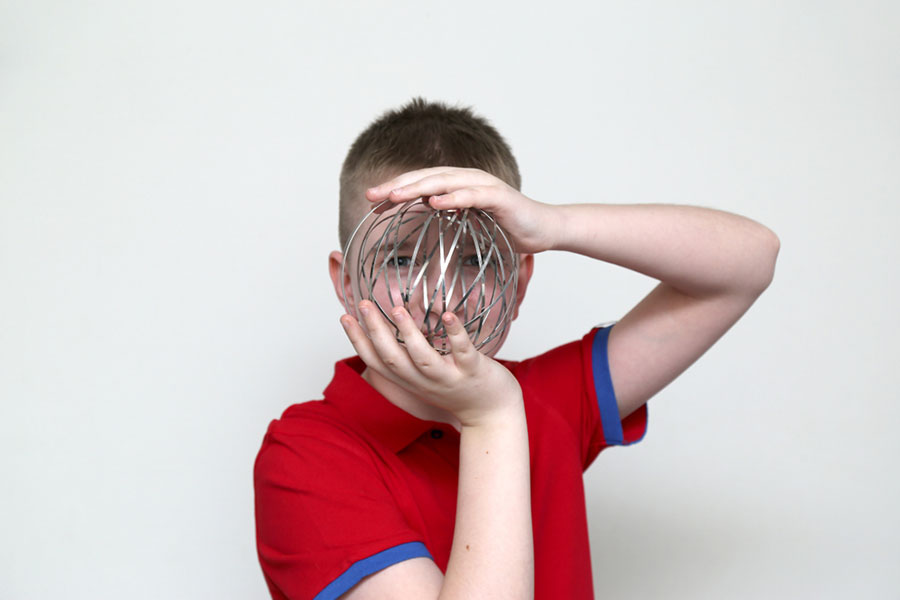
19 Dec Neuroplasticity – the science behind training your brain
Do you worry about the future, dwell on the past or feel anxious about certain situations or people? How would you feel if I told you there was a way to alter this, that there’s a process that will enable you to feel happy every day and look forward to the opportunities that lie ahead?
Today I want to talk to you about your brain. Everyone has one although it has to be said some use it better than others. By developing your brain and using its abilities as evolution intended you can create your own positive destiny.
The wonder that is your brain
Your brain, that grey matter between your ears, is one amazing piece of biology. It’s this love of biology, anatomy and physiology that took me down my first career path as a pharmacist. It wasn’t the chemistry that attracted me to this field, but rather the curiosity about what happens in the body to make it function efficiently. More importantly, I wanted to understand what happens within the body or brain when something goes wrong and how to make it better again.
I have a huge desire to help people and this determination lead me on a journey to what I’m doing now in the world of empowerment, personal development and neurostrategy. Neurostrategy is the approach and implementation of ideas and research within the field of neuroscience that deals with the structure or function of your nervous system and your brain. It’s complex, but then again, so is your brain!
“Our minds have the incredible capacity to both alter the strength of connections among neurons, essentially rewiring them, and create entirely new pathways” Susannah Cahalan.
Developing your brain
I used to think that you had a certain number of brain cells and if any of these cells got damaged then that was it, no more. But it’s not true! In actual fact you continue to make new brain cells every day providing you keep your brain active. Now, I need to explain something that is a little scientific and technical, but I’ll try my best to simplify it so you can get head your head around how it all works.
You create new nerve cells called neurons every time you learn something new. Think about your last lesson at school, college or university. You may find the subject super interesting or somewhat dull, but either way you are feeding your brain daily and for every snippet of new information you take in, your brain develops and grows – and this can only be a good thing.
“It always seems impossible until it’s done” – Nelson Mandela.
Neuroplasticity – the science of your brain
Imagine if you were to peer inside your brain and see the grey matter. It’s affectionately referred to in this way because the huge number of densely packed nerve cells gives the appearance of your brain being grey in colour. You have 83 billion neurons in your brain, which act as the wiring system headquarters for your entire body. Blood, oxygen and nutrients feed your neurons to enable them to send messages, emotions and actions to different systems and limbs around your body that cause a response or reaction.
Neuroplasticity is the process by which your nerve cells create new pathways or regenerate themselves. This is your brain’s ability to reorganise itself through neural connections. Think of it as an information superhighway hub that digests new traffic information and uses a network of motorways and roads to send messages and actions to various destinations. This is exactly what your brain is doing with its neurons. Cell neuroplasticity helps to fight diseases and enables your body to react to different situations. It is the driving force of your life both physically and functionally.
“Of this be sure: you do not find the happy life … you make it.”

An incredible piece of biological technology
Your brain responds to situations and environments and determines behaviour. Oliver Wendell Holmes Jr once said “A mind that is stretched by a new experience can never go back to its old dimensions.” Think about this statement for a few minutes. What does this say to you? What image does it conjure in your mind?
It’s a great thought to know that you have the ability to reshape and rewire your entire nervous system – it’s how you learn and expand your knowledge. Remember when you were a child and you learnt something new? Your brain was so stretchy then. You would absorb information like a sponge and by doing so create new neuron networks. It’s important to remember to ‘use it or you’ll lose it!’ Neuron networks and the action of reshaping and rebuilding will disappear if you don’t use them. Muscle memory builds by habit in the same way that you learned your times tables at primary school, how to cook a new recipe or how to play a new games console. If you stop the process, the action or memory won’t be as strong and you may start to forget what you once knew.
Neuro-capacity – use it or lose it
Imagine sitting at home all day watching the TV. I’m not talking about watching the news, David Attenborough nature programmes or National Geographic documentaries. I’m referring to soaps or cartoons or even movie blockbusters. What new information are you learning about the world? What outdoor adventures are stimulating your mind? How are you interacting with the people around you? The act of learning and of being curious is so enriching.
Take advantage of this knowledge and increase your mind capacity by proactively creating new neuron networks. Seek to solve problems and choose to question what’s around you. Learn new things and acquire knowledge on a daily basis. Each time you think of a thought, belief or value you make it stronger. And you can absolutely change your thought patterns but it will require a conscious effort, especially if your neurons aren’t strong enough for it to be a habit. As your neuron network gets bigger it becomes less effort.
Be mindful that you can create neuron networks of worry and anxiety and if this pattern is strong low self-worth, depression and dark thoughts can set in.
If you want to be happy every day then you need to create a neuron network that allows you to feel cheerful and participate in fun activities. You can change your identity, your perception of situations and your beliefs. It doesn’t take twenty-one days to form a new habit, you just need to repeat what you want to do and feel.
“Stop being afraid of what could go wrong. Focus on what could go right.”
Increase and harness the power of your neuroplasticity
Follow these simple steps and you’ll be well on your way to ensuring long-term positivity, strong memories and a hands-on approach to life.
- Get enough sleep to reset your brain capacity and remember that restless sleep can impede the brain’s ability to reset
- Continue to learn new things to keep the brain active – a language, a hobby, read, listen, do a crossword, creative art – stay enthusiastic
- Continuously move your body – dance, run, walk, practice yoga or Pilates, play rugby, football, tennis or move in a different way to stimulate exercise, muscle activity and functional change in the brain
- Reduce stress – change the way you respond to stress and look to eliminate it
- Read lots of books – disappear into a world of fantasy. Reading fiction is proven to create a heightened connectivity in the brain and by using your imagination and senses you become captivated and less stressed
Dr. Michael Merzenich author of ‘Soft-Wired: How the New Science of Brain Plasticity Can Change Your Life’ explains that brain change will be more significant if you are motivated and alert. You are likely to try harder and persevere if have a reason to do so, if something is captivating for you. Find out what captivates you – write a list today.
Choose the life you want to lead
You can reshape your life by retraining your brain. With every repeated action and thought you can create a change. Say goodbye to unhelpful old beliefs and negative thinking and embrace new thoughts and actions. You are so clever inside so make a difference. Start today by sharing your thoughts with me on social or start a private discussion by emailing me.
Remember that you will become what you think and do, so make sure you have purpose.


No Comments